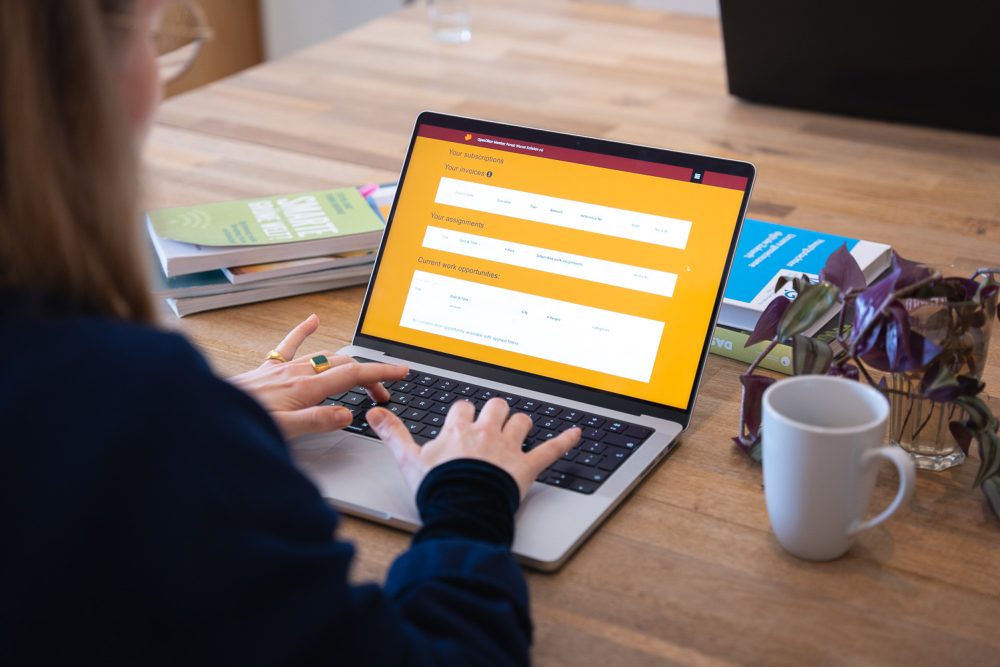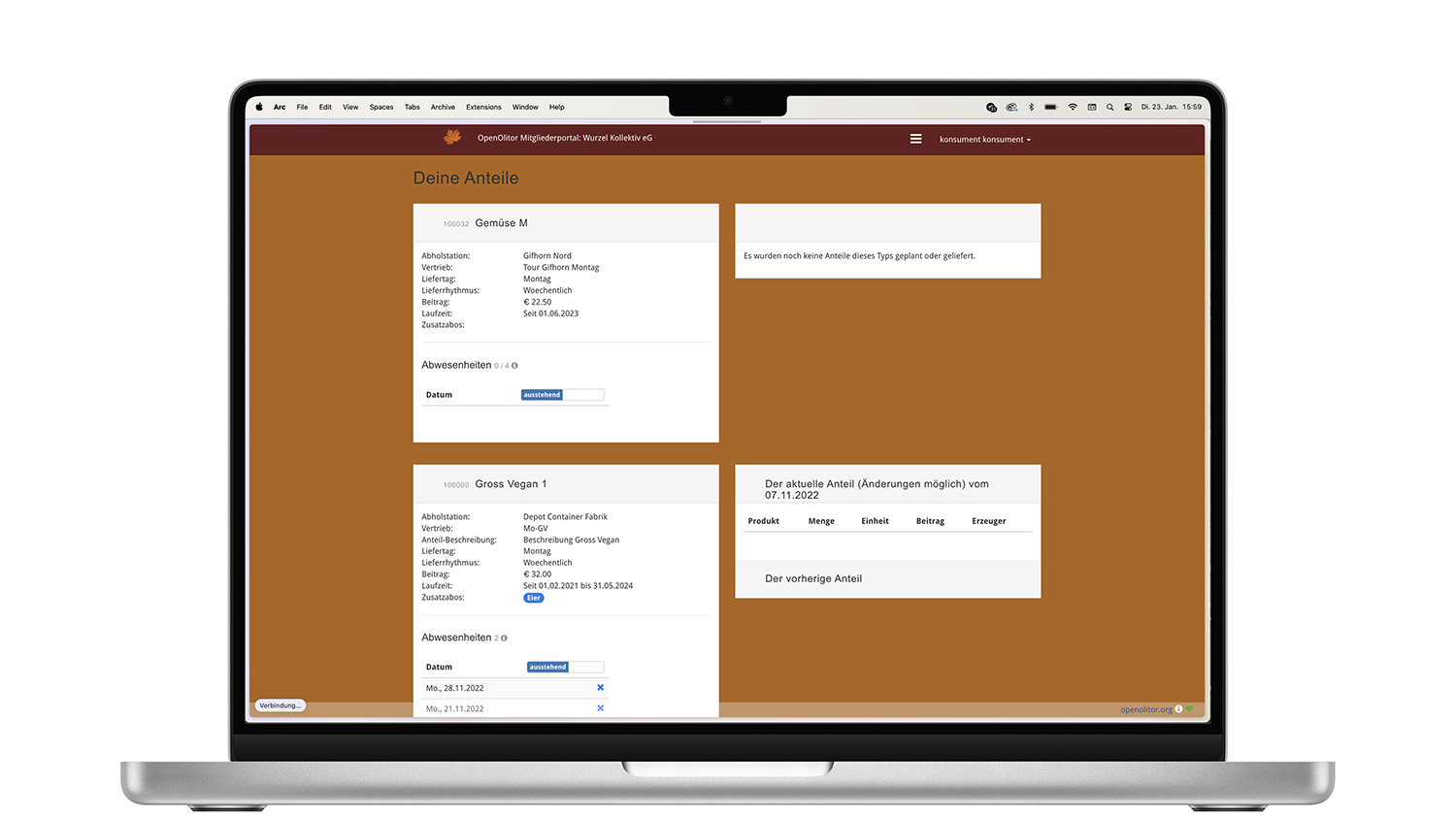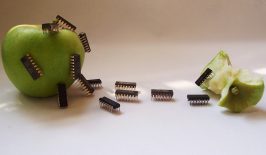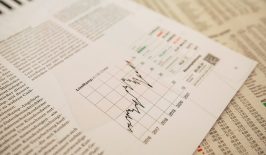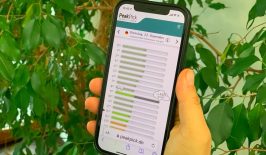How do local farmers communicate with consumers who are looking for regional vegetables in the next town? There are many tools on the market, but they are expensive. Small farms and community-supported agriculture projects usually can’t afford them. The OpenOlitor association has therefore developed an open-source solution that can be used completely free of charge.
It’s not just consumers and producers who are finding it easier to work together. Open source solutions are also putting a spanner in the works for large corporations such as John Deere and Bayer.
What are the benefits of management tools like OpenOlitor in the SoLaWi?
OpenOlitor can be used completely free of charge as open-source software. Concepts such as the Open Food Network are already pursuing similar approaches. Users only need a local server and the necessary expertise for hosting. However, as the organisation behind OpenOlitor wants to keep the entry threshold as low as possible, there are also inexpensive cloud hosting options in addition to the DIY solution. Organisations can therefore use the software even if they do not have their own administrator in the team.
Regardless of whether they are on other people’s servers or their own, producers can then enter their inventory in OpenOlitor and use the software as a sales platform. They can also manage working hours or even record the conditions under which certain plants or vegetables must be sown.
Solidarische Landwirtschaft Lüdenscheid runs OpenOlitor on its own server. In an interview with RESET, they describe its use cases as follows:
“We use Olitor to manage our members, membership fees, shares that our members purchase and to create invoices. We also manage pick-up locations/deposits and pick-up days for our shares here.”
The platform also helps SoLaWi in that “there are no Excel lists on some computer that only one person can access”. In addition, communication also takes place via OpenOlitor and the association creates SEPA files to carry out direct debits.
In addition to the practical benefits, free services such as OpenOlitor are an important tool for enabling solidarity-based agriculture in the future.
Using open source against large corporations
For small farms, OpenOlitor is primarily an alternative to programmes that are usually “developed by large agro-chemical and agro-machinery corporations” and which “aim to optimise the agro-industrial production model.” This was the result of a study by Louisa Prause from the BioMaterialities project at Humboldt University (link to study in German). Prause is researching the role of digitalisation in socio-ecological transformations of the agri-food system.
Manufacturers such as Bayer, John Deere or Syngenta would use data from management tools to optimise prices on the market for their own purposes. This is precisely what the open-source solution can prevent. With OpenOlitor, data security is also ensured by the fact that users can install the software on their own servers. Louisa Prause and Alwin Egger also consider the cloud solution to be secure. The association operates its servers exclusively in Switzerland, a country with high data protection standards.
So if you are looking for direct marketing options for your farm, OpenOlitor is a free alternative. If you are afraid of terms such as open source or own servers, you will find a lot of information and help about OpenOlitor on the association’s homepage. There is also an opportunity to try out OpenOlitor on a test instance.
